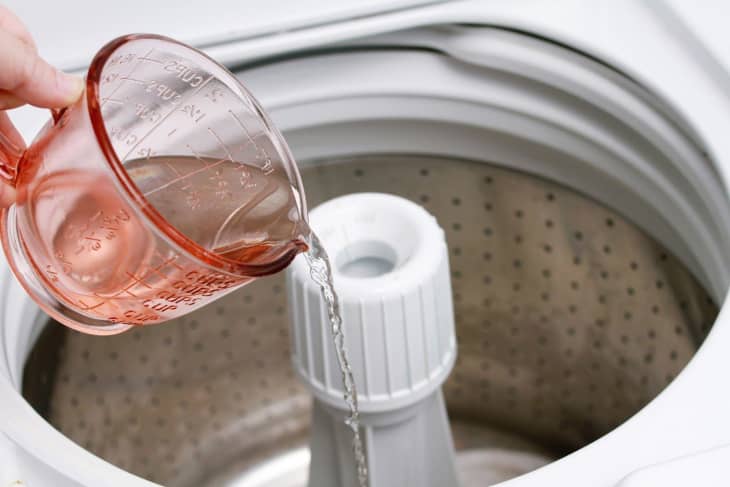Tide and NASA Are Making a Laundry Detergent Suitable for Space Travel

Fun fact: Right now, International Space Station astronauts “do laundry” by ejecting worn clothes into the atmosphere, where the fabric eventually burns up. In other words, they don’t really do laundry at all. They send old clothes out into space, and clean replenishments arrive via cargo shipment.
Although astronauts wear and use clothes and materials several times before ejecting them for fiery blaze, their current method is not sustainable. Approximately 160 pounds of clothing per crew member per year are launched to ISS and then into space, which is why a laundry solution is so critical — especially for longer missions, as those can last for two or three years, and distance and cargo capacity make replenishing cargo challenging.
Enter: Tide and NASA’s official collaborative mission to make a laundry detergent to send to missions as far away as Mars.
The space-friendly detergent will have to include ingredients safe for space travel and compatible with NASA life support systems — and work with the limited amount of water available per laundry load. Not to mention, because of limited resources, the wash water must be purified back to drinking-quality water.
The good news is, NASA and Tide are fairly far along on their space-age laundry quest: Tide has developed a fully degradable detergent for washable items used during deep space missions that can be used in a close-loop water and laundry system.
This is also good news for earth-dwellers looking for a more space trips of their own in the not-so-distant future. (It’s one giant leap for laundry, etc.)
ISS teams plan to test the new detergent ingredients under microgravity conditions and radiation exposure in 2022 on a mission to ISS called “Mission PGTide.” The ingredients and stain performance will be tested onboard through experiments with Tide To Go Wipes and Tide To Go Pens.
So, next time you pop out that handy orange pen when you’ve spilled your coffee, just think, someone hundreds of millions of miles might be doing the same. Astronauts: they’re just like us, right?